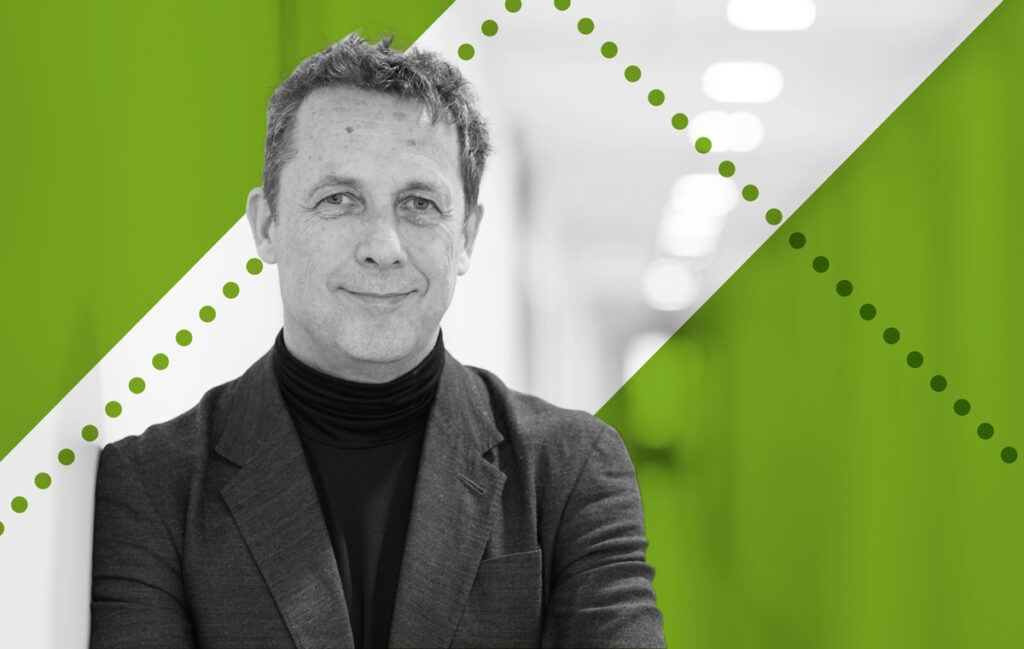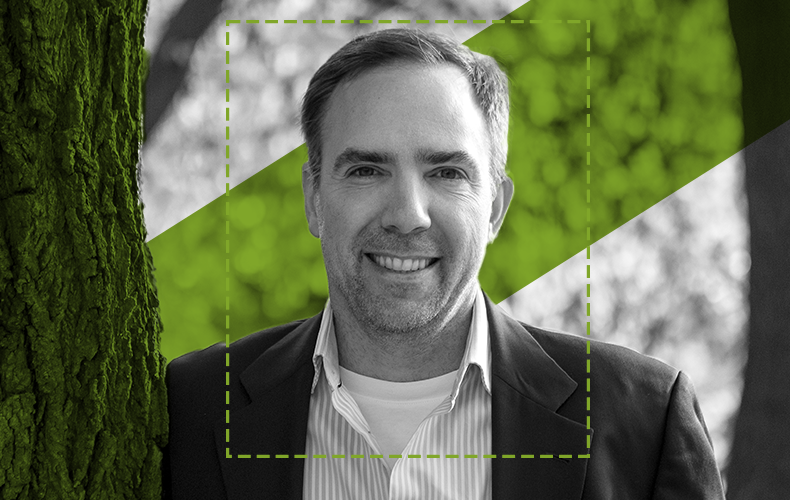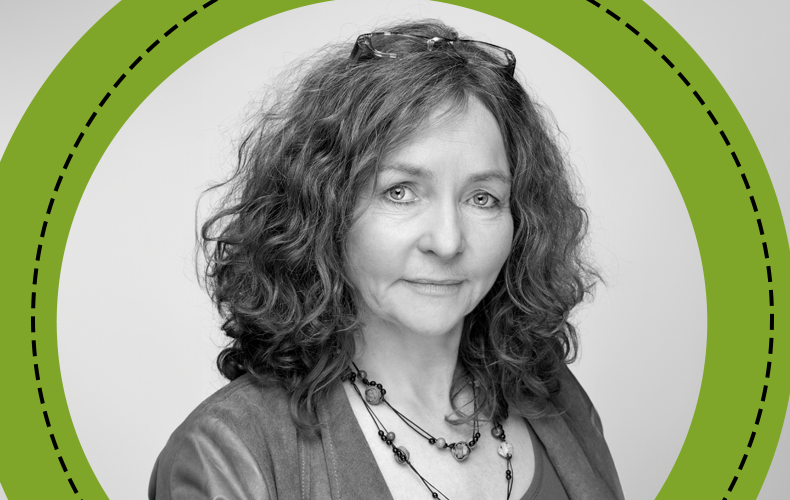24 September 2024
What drives you as a scientist?
I am trying to find ways to apply the best part of fundamental research to medicine. For example, when I started the Institut Pasteur in Korea, we infected human macrophages directly with mycobacteria that cause tuberculosis, and then we screened the library of drugs to see what effectively kills the tuberculosis inside but leaves the macrophage intact. That led to the identification of Q2O3 to be tested in clinical trials as an efficacious compound against tuberculosis, and also against drug-resistant tuberculosis.
In Luxembourg we do precision medicine using large cohorts. We link clinical research and hospitals, and use data to stratify patients, to identify the right drug for the right patient. At the moment, the integrating scientific topic is immune homeostasis. We look at diseases where the immune system is either too active or too inactive.
Too active is autoimmune diseases – MS, IBD and so on. If it’s too inactive? Well, that’s cancer.
Luxembourg enables this approach to developing large cohort studies because it has built the necessary research and data infrastructure and enables the integration between clinical data and research data.
How do you drive this research forward?
What is very important for us in Luxembourg, because it is a small country, is to collaborate closely with the near abroad. We have many strategic collaborations, and our partners invest their own money into joining Luxembourg in the precision medicine effort that we are undertaking right now.
We very much standardize the way we generate patient data in the region to start to better understand the potential of precision medicine, and how we can apply Artificial Intelligence in health. In the past these efforts were not very successful because retrospective data do not have the quality to generate meaningful results.
Accordingly, it’s very important when you’re going to get smart people to engage and on board that there is a clear vision. It must be ambitious but feasible. Mobilize people around a shared goal. That cannot be top down.
Were you surprised to be elected an EMBO Member so young?
After I came back from my postdoc in the US, I started at the Institut Pasteur and things fell into place. I was promoted through the ranks very quickly. Then I went to Korea to start the Pasteur institute there which was also quite unusual. How all of these things happened, please don’t ask me!
I was lucky. I had a number of opportunities and put a lot of work in. I can’t say that it was easy.
What has the EMBO role been in your career?
EMBO’s international networking is very important not only for the ideas and understanding and visions that it helps you develop. It also enables you to realize those ideas with partners and the wider network.
For young scientists it can be sometimes challenging to understand and work with other scientists in different countries. But it’s extremely instructive. EMBO makes up a big European network, and you meet other scientists, you exchange research outcomes, and you formulate ideas together. It’s an exchange of ideas that mature collectively.
Do we underestimate how challenging it is for young scientists to move abroad?
In my personal experience, this was essential, and I still value it highly. I remember each time I ended up in a new country – it’s addictive. You end up in a new world and it’s scary and then you work your way through it. On the other hand, there are people who stay at their location and within their comfort zones and that allows them to become world leading in a certain topic. It takes both types.
What advice would you give for a successful career in the life sciences?
Take your opportunities! My next step was never planned but when I decided what I wanted to do, I was really ‘all in’! Opportunities will open – they always do – and my advice is to grab them. Even if it scares you, when there is an opportunity to step up, you should simply do it.
To only worry about your ‘career’ rather than have a broader vision of what you want to achieve, is probably a very counterproductive approach. The world needs some people who are happy to stay where they are, but if there is a door there, at least look what’s on the other side of it.



